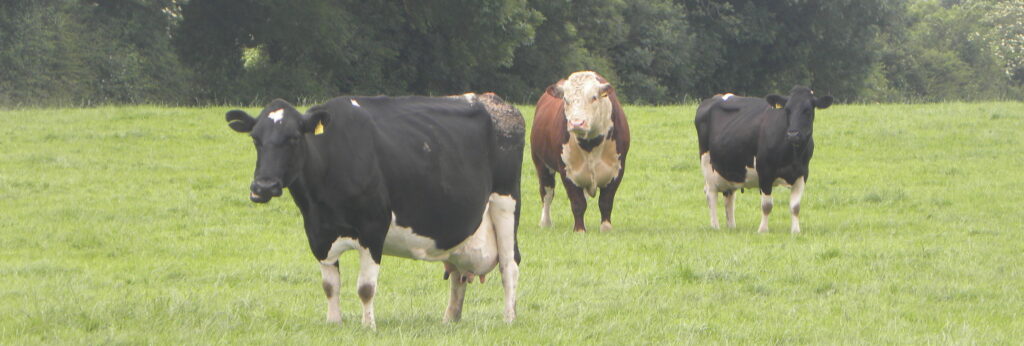For the majority of suckler herds, the stock bull is the primary method used on farm during the breeding season. The reason for this mainly relates to a higher workload associated with AI.
Heat detection requires attention to detail and observation plays a pivotal role in the success of the AI system. Therefore, the stock bull is the ‘weapon of choice’ for suckler farmers, as many enterprises operate under a part-time system.
So, he is a vital component of any suckler herd and is essential for getting cows and heifers in calf.
The stock bull should not have been neglected over the winter period. The bull needs to be fit, while in a good suitable body score condition (BCS) for the forthcoming breeding season.
Secondly, hooves and legs are vital to the bull if he is to stand up to his job. Prior to letting the bull out with the cows, observe stock bulls as they graze in the field. If you notice any issues, seek veterinary advice immediately.
When the breeding season starts, keep tabs on early calvers, who will be the first to return to heat. Carry a pocket notebook to keep recording of the return of these early calving cows to heat.
These early calvers will be the first female breeding stock to be serviced by your stock bull. A high number of repeat heats among these early calvers may indicate an infertile or sub-infertile stock bull.
Remember, many factors can influence a bull’s performance, so there is an element of observation required with this method of breeding also.
Buying a stock bull at short notice at a local bull sale or from a breed society can be a very risky business. Ensure you have plenty of background breeding information and past health records from purchase source. It is vital that any bull is purchased from a reliable, reputable breeder.
As we enter into the 2020 breeding season, stock bulls will be running with the herd in the majority of cases. During this period, farmers must not become complacent around the bull – as they can be a dangerous and unpredictable animal around the farm.
In the last 10 years, there have been seven stock bull related deaths on Irish farms, so farmers must take due care around this animal, and indeed all animals in the herd.
In the short video (below), Teagasc’s Aidan Murray and Munster Bovine’s Doreen Corridan provide some timely tips when it comes to stock bull management.
So, remember to be aware of the bull in the herd over the coming weeks. He knows what he’s at; leave him at it!

